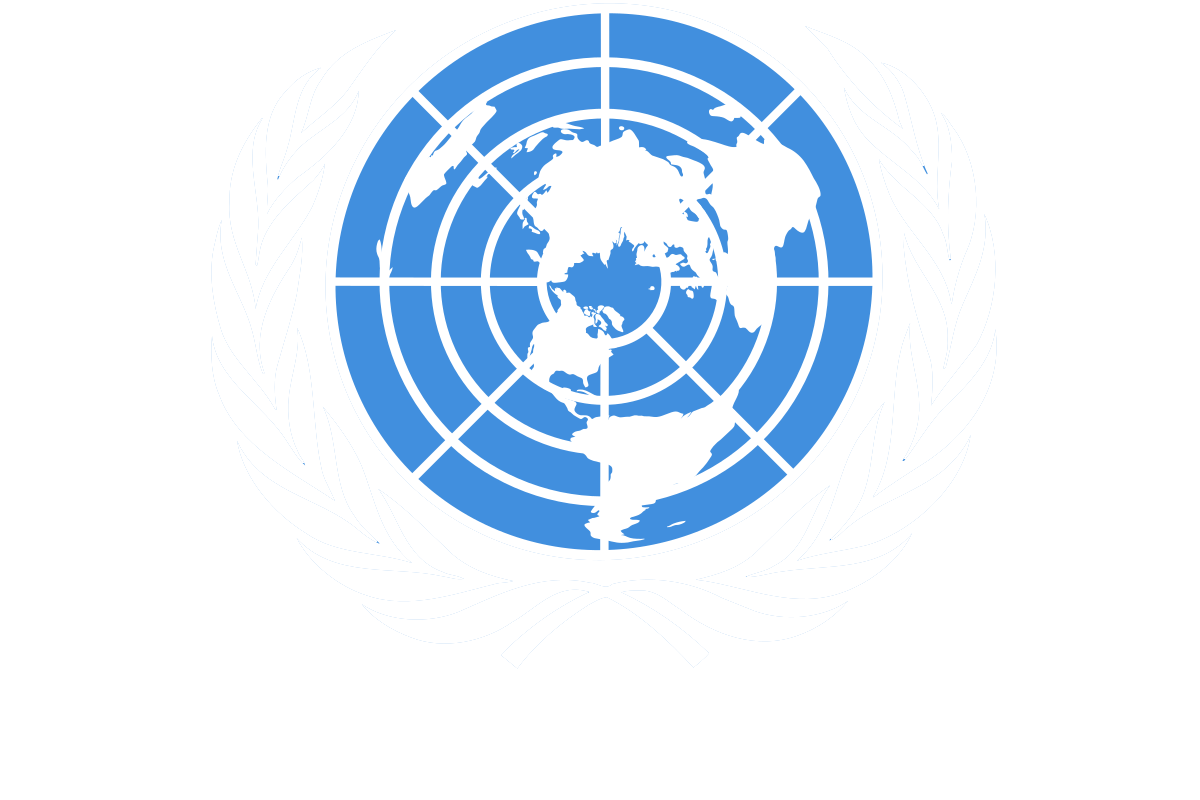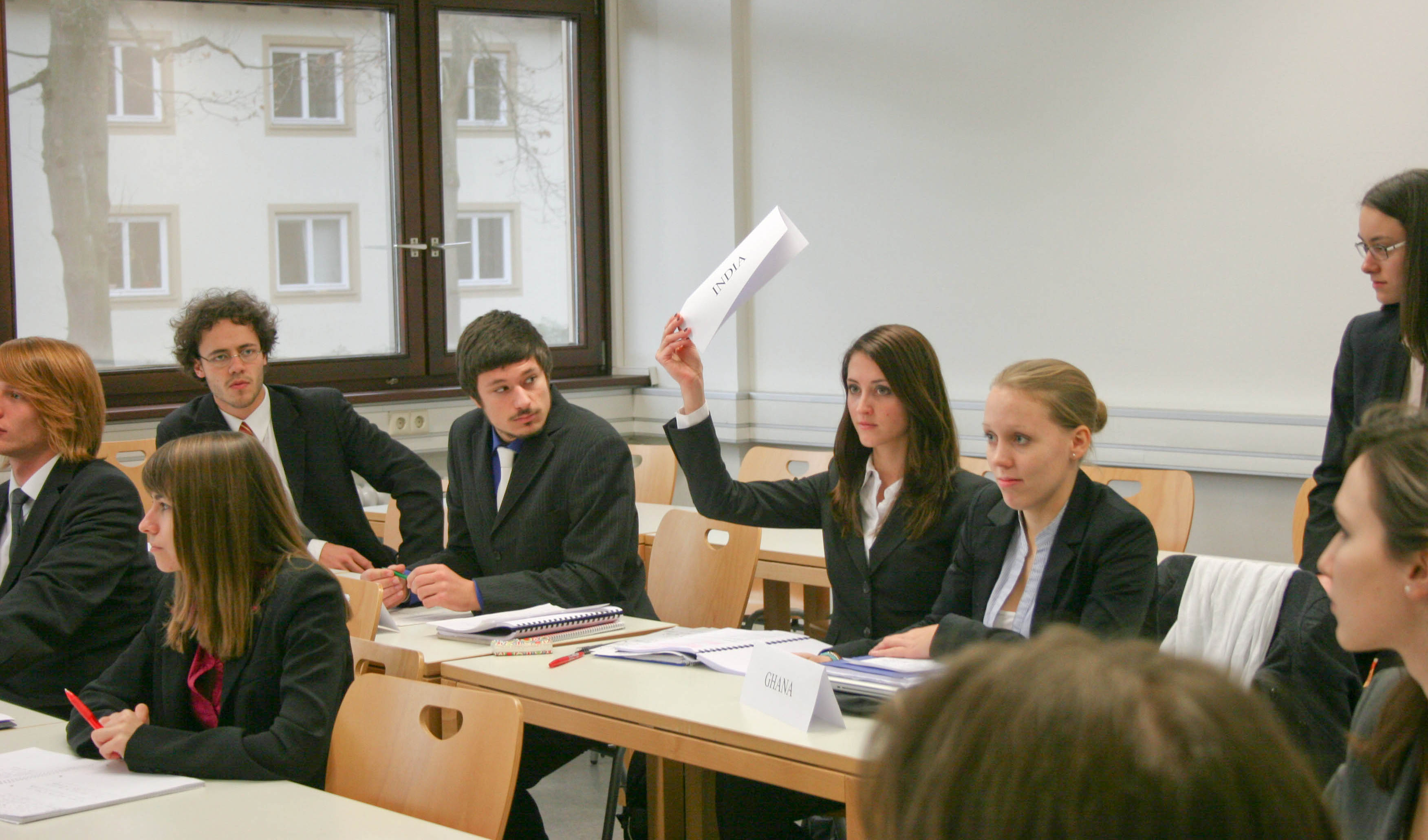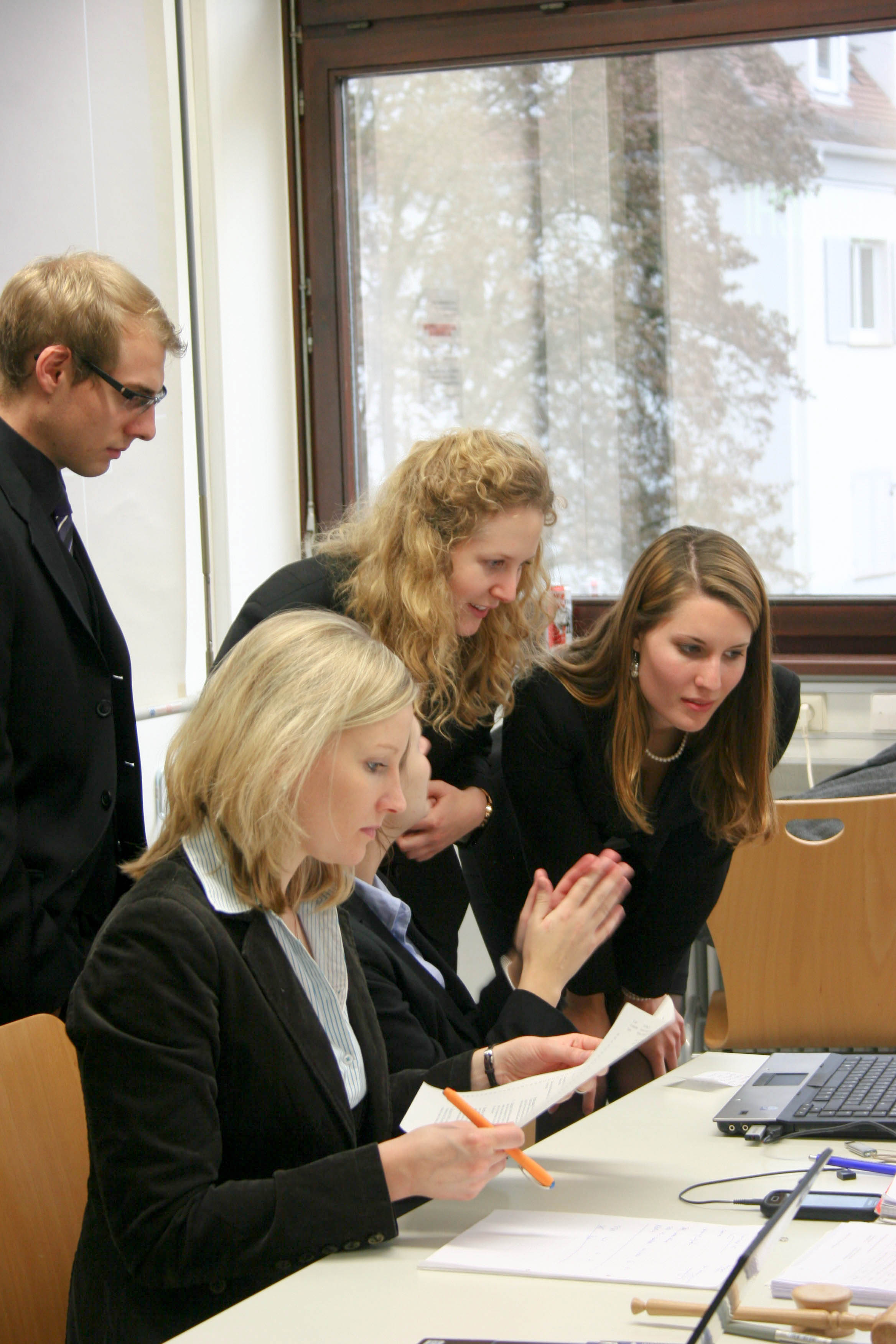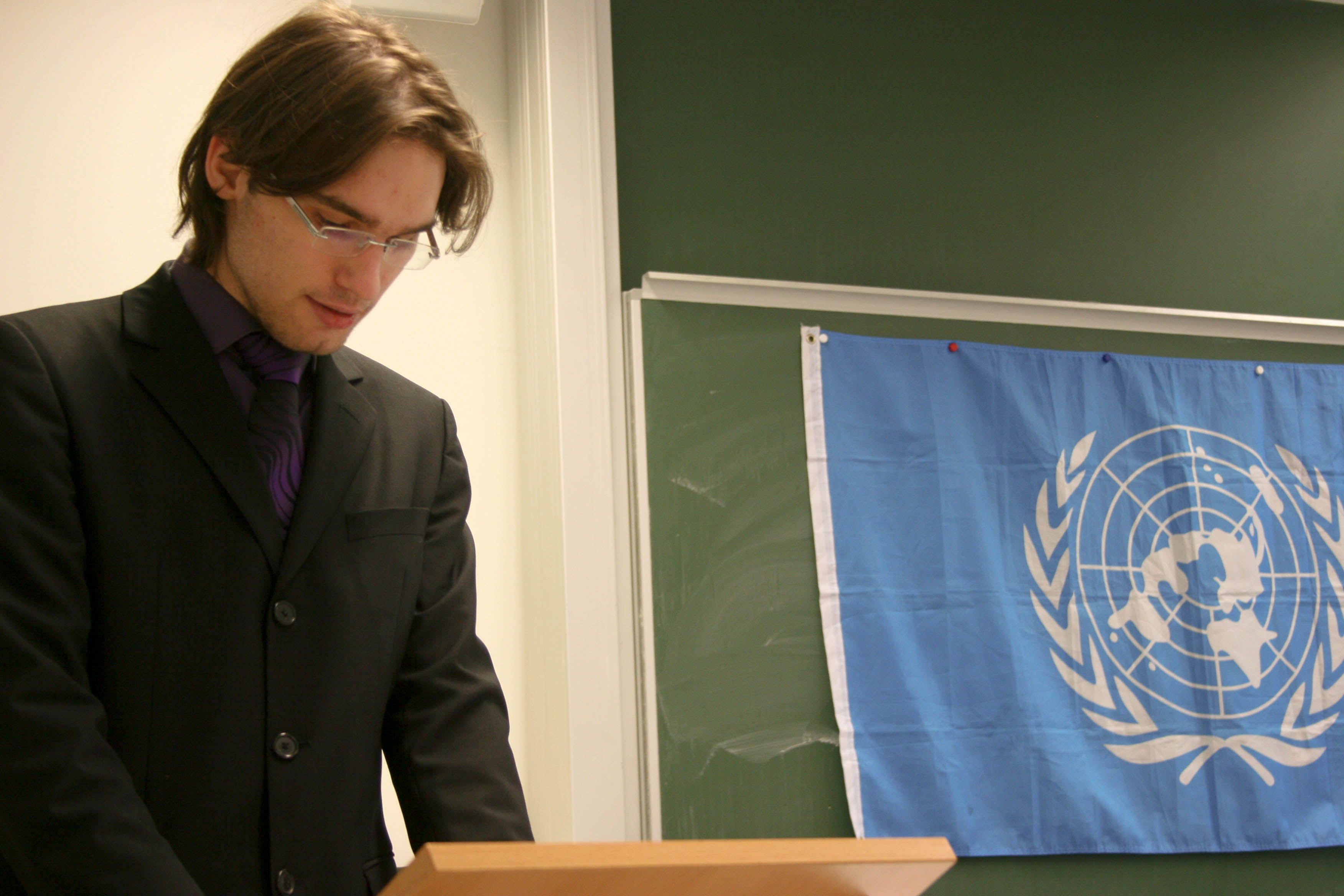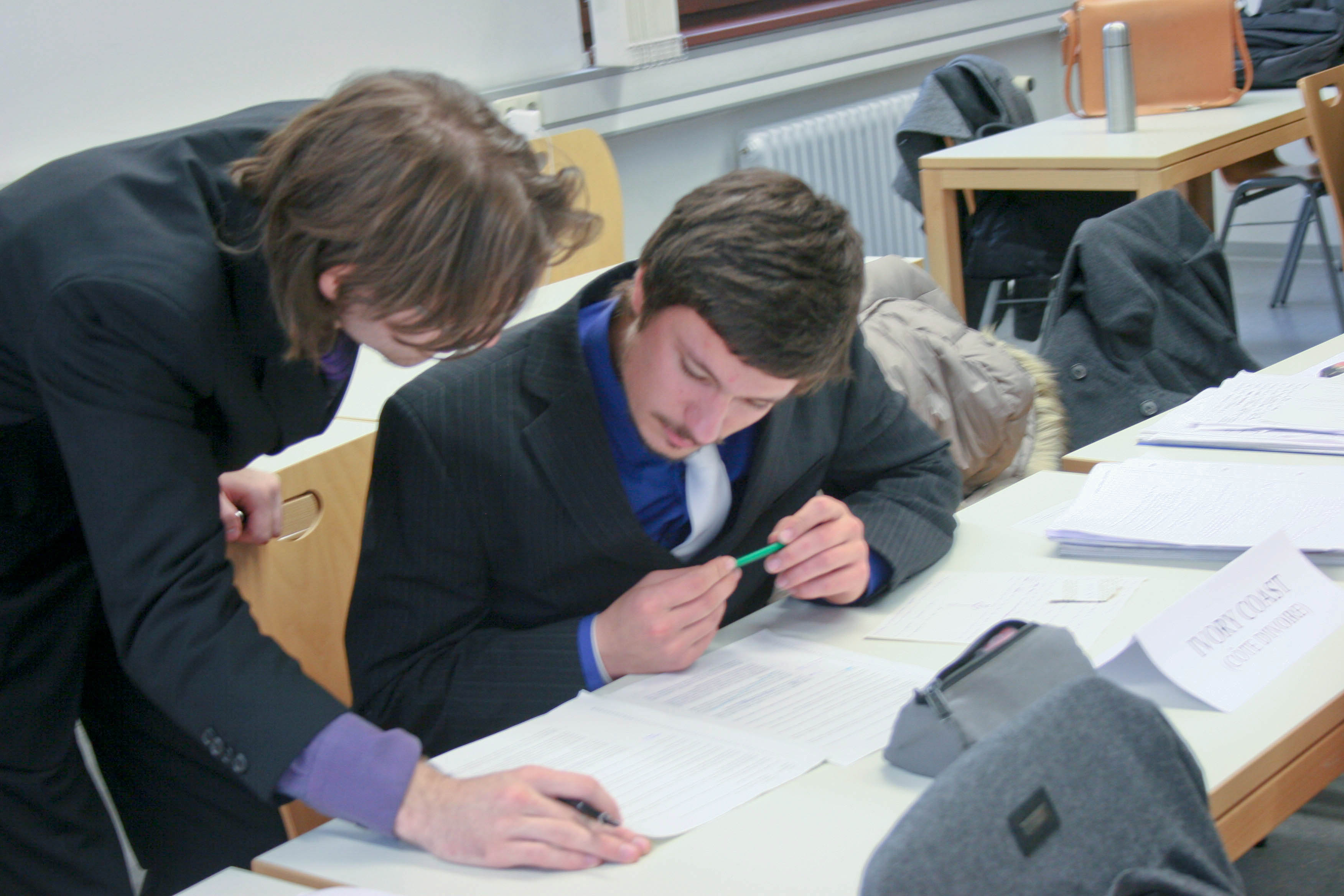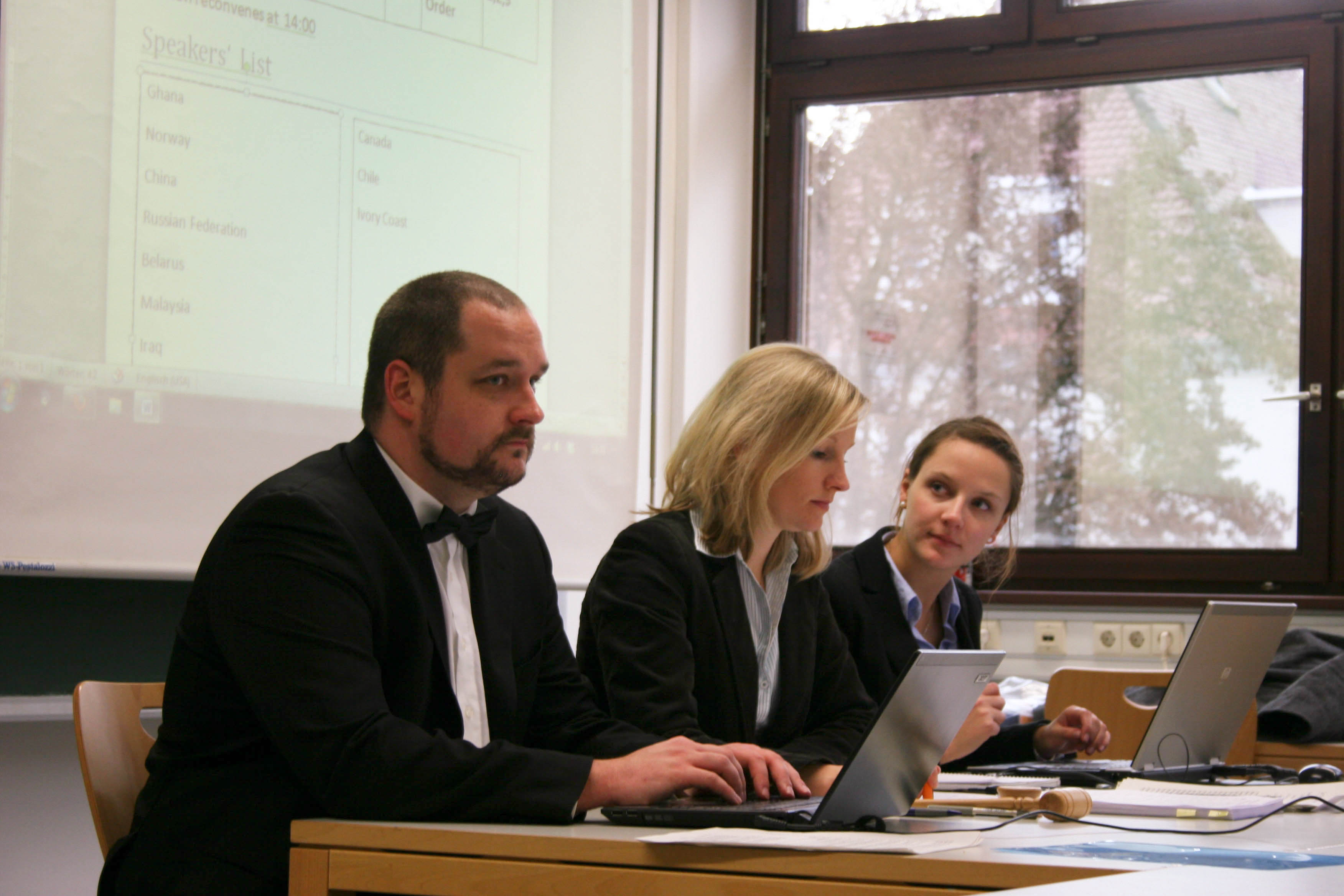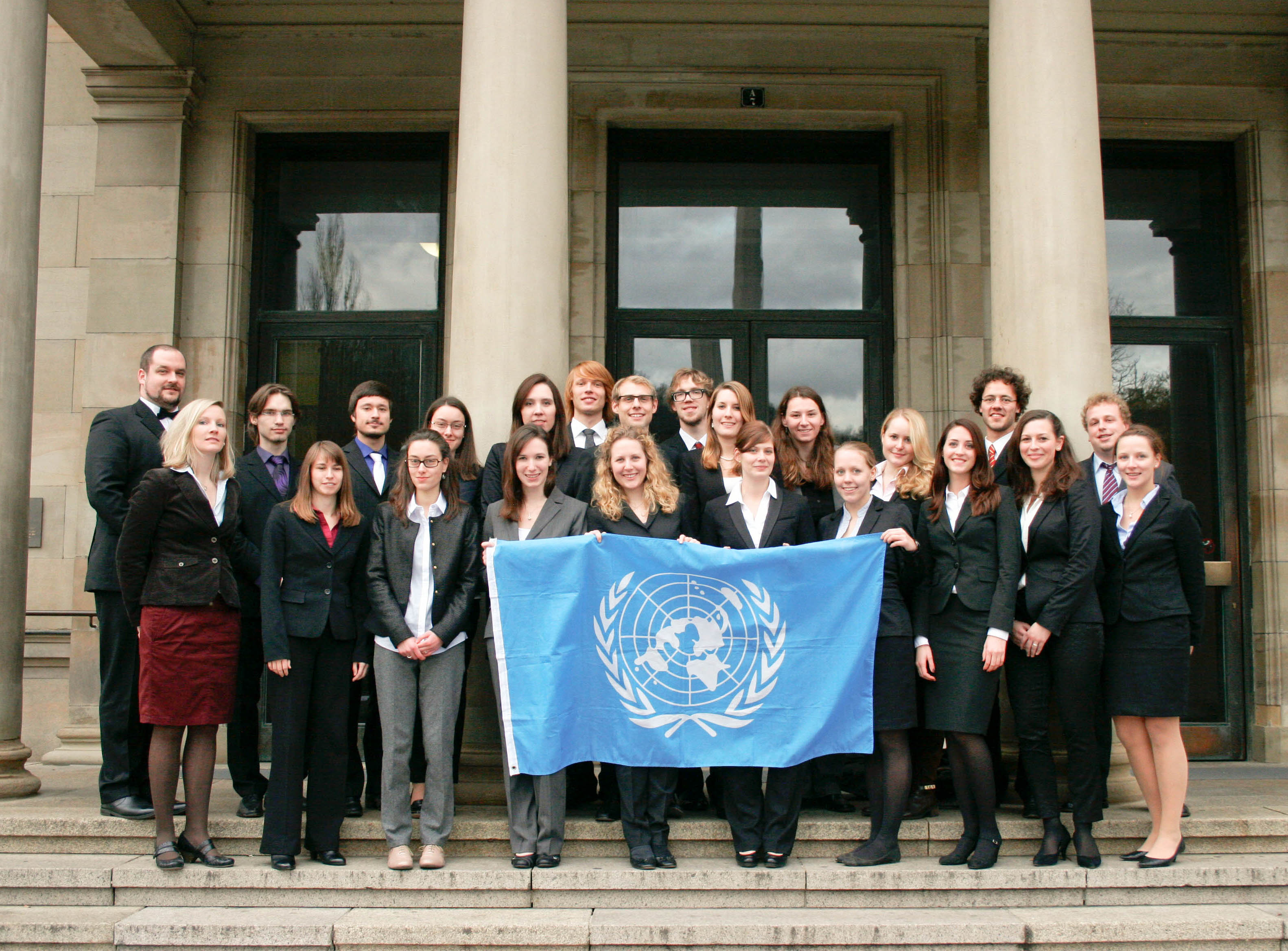On Sunday, the April 17th, our delegation finally made landfall in the land of the free. One after one, we strolled into the hotel lobby of the Sheraton hotel, which was packed with fellow delegations who were also checking in, being briefed by their faculty advisors or were still preparing the last details for their committees.
Only a few hours later, we all gathered in the Metropolitan East Conference Room for the opening ceremony – the ones who fit anyways. With around 2500 delegates from 40 countries and six continents attending, some of them had to watch the opening speeches by Mr Maher Nasser, Director of the Outreach Division in the United Nations Department of Public Information, and Mrs Zainab Hawa Bangura, Special Representative of the Secretary General (SRSG) on Sexual Violence in Conflict on a screen in another conference room. Shortly fter the ceremony, we proceeded to our committee’s conference rooms and started the formal sessions with agenda setting speeches. As a result, the following topics were discussed.
Anna Ehrgartner and Annika Frosch debated about Combating the Illicit Trade in Small Arms and Light Weapons in All Its Aspects in the General Assembly 1st Committee (GA).
Sophia Wolpers and Christoph Sommer talked about The Impact of Climate Change on Sustainable Development in the GA 2nd Committee.
Alexander Fick and Alexander Stotkiewitz covered Israeli Settlements in the Occupied Palestinian Territory and Assistance to Palestinian Refugees in the GA 4th Committee.
Patric Dujardin and Steffen Jauch-Walser dealt with the Millennium Development Goal 2 and Increasing Access to Education in the Economic and Social Council.
Berith Karasch attended the Special Committee on Peace-Keeping Operations (C-34).
Hannah Kommol and Christian Schams addressed the issues around Establishing International Legal Norms to Counter Maritime Piracy and Strengthening Prevention Measures and Criminal Justice Responses to Human Trafficking in the Commission on Crime Prevention and Criminal Justice.
Verena Schauss and Samuel Schwarz debated over the topics “Improving Access to Sustainable and Renewable Energy” and “Strengthening Development Cooperation for Poverty Reduction: Empowering Micro-finance and Local Entrepreneurship“ in the United Nations Development Program.
Maike Hans and Marianne Hock covered the topic “Food Security: Agriculture and Trade” in the United Nations Conference on Trade and Development .
Sebastian Rappen and Ann-Kathrin Sauer discussed Correlations between Youth Poverty and the Prevalence of HIV/AIDS in the United Nations Population Fund.
Anja Breitkreutz and Darija Fabijanic dealt with Improving Access to Education for Indigenous Children United Nations Permanent Forum Indigenous Issues.
Isabel Kommol and Katarina Wildfang addressed the Current Situation in the DPRK in the International Atomic Energy Agency.
Until Wednesday, we evidently debated a vast spectrum of issues that our global community is faced with. We shared different opinions and did our best to achieve a compromise. Besides the actual debate, the conference also held an opportunity fair on Tuesday, where especially US universities and some NGOs, such as the Better World Campaign were present. On the same day, there were seminars available to the participants, for instance on the role of the media in international affairs by Robert Windrem of NBC News and Pamela Falk of CBS News.
On Thursday, the conference found its end in the United Nations Head Quarters General Assembly Hall, where the results of the various committees were presented. A handful of resolutions were picked out to be voted upon symbolically and some delegates had the chance to hold a speech.
In the following closing ceremony the conference proved to be not only interesting, but also very successful experience for our delegation. Our delegates received the Best Delegate award in two committees, as well as five Outstanding Position Paper Awards. All the hard efforts of the entire delegation were finally honored through decorating us as a Distinguished Delegation.
Through this conference we gained an insight into the United Nations and into what it means to struggle for consensus and progress. It became ever so clear to us that no leader alone can solve all the problems. However, one shouldn’t only see the great complexity and uncertainty of our era, but also the profound opportunities out there.
